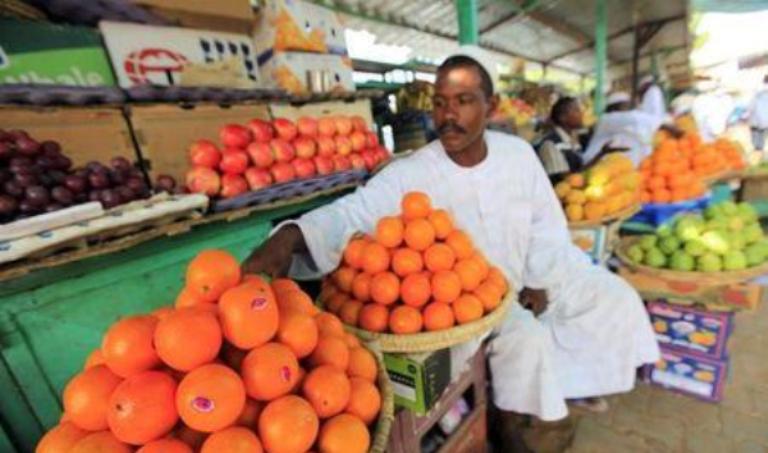Sudan says inflation reached 54% in first quarter of 2018

June 1, 2018 (KHARTOUM) – Sudan’s Ministry of Finance and National Economy said inflation rate has significantly increased during the first quarter of 2018 compared to the same period in 2017.
In a report released on Thursday, the ministry said inflation has risen to 54% during the first quarter of 2018 compared to 33% in 2017.
The report pointed to a number of challenges facing the Sudanese economy including the government subsidies for the fuel and drugs and the exchange rate policy.
According to the report, the Gross National Product (GDP) in the first quarter of 2018 reached 4% compared to 4,4% in 2017.
It pointed out that the trade balance deficit has declined to $934 million compared to $947 million during the same period in 2017.
In January, the director of the Troubled Currencies Programme at Johns Hopkins University Steve Hanke said Sudan’s inflation has skyrocketed to a record high of 122% pointing the East African country “now has the second highest inflation rate in the world after Venezuela”.
The government seeks to achieve an average inflation rate of 19,5% by the end of the 2018 fiscal year compared to 34,1% in 2017.
Earlier this year, the Sudanese pound plummeted to record lows on the black market. The U.S. dollar was sold for a high 42 pounds in early February.
However, the government introduced a number of measures to curb the rise in the dollar price including limiting cash withdrawal from banks to absorb liquidity, cracking down on black market Forex traders and restricting imports.
The government measures managed to pull back the dollar price to 38,00 pounds however economists expect a new rise in its price once these restrictions were lifted.
The most recent International Monetary Fund (IMF) report indicated that Sudan’s gross international reserves remained very low in 2017 ($1.1 billion, 1¾ months of imports).
Following the promulgation of the 2018 budget which included a number of austerity measures, peaceful protests erupted in a number of Sudanese states leading to the killing of a high school student in West Darfur State and detention of dozens of opposition activists across the country.
Since January, the East African nation has suffered a severe shortage of gasoline and cooking gas.
Prices and services have soared in Sudan since South Sudan seceded in 2011, taking with it three-quarters of the country’s oil output, the main source of foreign currency used to support the Sudanese pound.
Ordinary citizens continue to complain from cost of living increases that impaired their access to basic commodities.
(ST)
